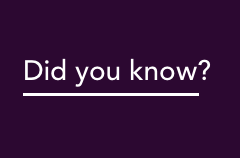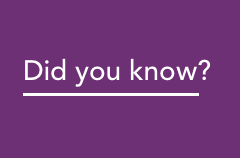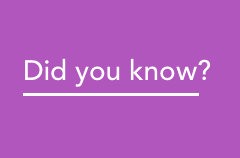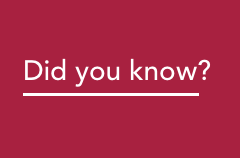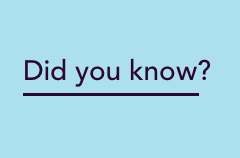About the Connections Reform Initiative
In early 2020, AEMO and the Clean Energy Council (CEC) established the Connections Reform Initiative (CRI) to address concerns with delays and increasing complexity in connections to the National Electricity Market (NEM).
These complexities arise as the NEM is transforming with a greater penetration of inverter-based resources, a more diverse generation mix, and a more decentralised system.
The CRI has brought together over one hundred stakeholders from across the industry to work on a range of solutions that address the systemic concerns in the connection process.
These stakeholders include CEC members (generators, developers, original equipment manufacturers and investors), Network Service Providers (NSPs) and industry and market body representatives, including the Australian Energy Market Commission (AEMC), the Australian Energy Regulator (AER) and the former Energy Security Board (ESB). A senior Leadership Group comprising CEC members, NSPs, AEMO and the AEMC set the CRI’s strategic direction and guide and support the implementation of priority reforms.
Neil Gibbs (from OnLine Power) was appointed as the Independent Facilitator to bring structure, rigour, and objectivity to the process.
The CRI adopted a guiding vision for the connections process to:
- provide a connections process which is consistent, predictable and which delivers repeatable outcomes
- improve efficiency, including by reducing (eliminating) re-work, improving the quality coming into the process and addressing information asymmetry
- enable a collaborative working model between industry, AEMO and the NSPs.
Connections Reform Roadmap
After more than seven months of collaboration, over 100 potential improvements to the connections experience were identified. They were then explored, grouped, refined and ultimately prioritised before the CRI Working Group recommended 11 reforms for either further detailed exploration or direct implementation. The CRI’s Leadership Group endorsed the 11 reforms, as outlined in the Connections Reform Roadmap from December 2021 linked below.
The Connections Reform Roadmap V2 linked below illustrates the evolution of the CRI from the planning to the implementation phase.
A number of reforms identified in V2 of the Road Map have been implemented including:
- changes to S5.2.5.5 Minimum Access Standards
- process to introduce changes to AEMO Guidelines
- forums and initiatives to drive collaboration
- the launch of the Grid Connection Engineer Graduate Program
- a rule change for Investment Certainty for R1.
Work on guidance on the use of RMS (Root Mean Square) and EMT (Electromagnetic Transient) tools has also been well advanced. The progress of connecting parties through the process is now regularly reported by AEMO through the Connections Scorecard.
Co-design and Working Groups
The CRI brings together stakeholders from across the industry to jointly solve complex connections challenges. We acknowledge the invaluable contributions of these businesses in allowing their people to volunteer to contribute to the CRI.
Following an Expression of Interest (EOI) process in early 2024, people have volunteered their time to participate in the co-design and execution of the deliverables required to progress the focus areas. Each workstream has a working group to set its strategic direction. Smaller focus groups were also established, tasked with working through the granular detail and execution of the workstream focus area. The working and focus groups have a balanced cross section of members from industry, ensuring the workstreams have a wealth of expertise to draw from to achieve positive industry outcomes.

